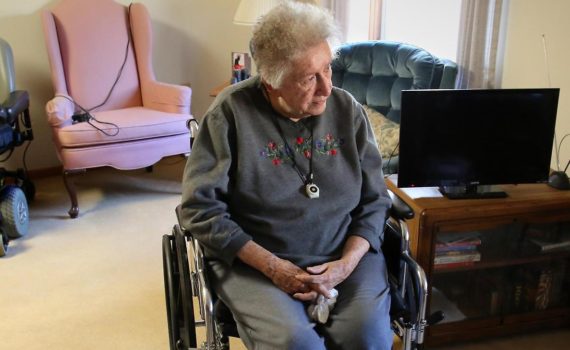
Trustee Doesn’t Want to Sell the House
We get this a lot: Mom or dad just died. House was in a trust. Now your brother or sister is in charge of the trust (as the trustee). The trustee doesn’t want to sell the house or distribute anything. What are you (the beneficiary) supposed to do? Here’s a checklist.
- Do you have a copy of the trust? (I’m not talking about a Certificate of Trust, or a deed to the house. I mean the actual 25 pages or more long trust document.) If you don’t have a copy of the trust, ask for one. If the trustee refuses to give you a copy of the trust, contact an attorney to figure out how to get a copy.
- Have a trust litigation attorney read the trust document and determine what is supposed to happen.
- Assuming the trust says the house gets sold and you are entitled to a share of trust property, how long has it been? What is in the house? If you have valuable antiques or artwork or collectibles, are those getting inventoried? Is the house secured? A trust attorney can help you with these details and figure out what specifically needs to happen. In a very simple case, if there is nothing of value in the house, the contents can be quickly liquidated (or donated), the house cleaned up, and the house listed for sale within a month or two. Sometimes, however, it can take longer. It shouldn’t take 6 months in most cases to clean out a house and list it for sale. One year is too long (in most cases).
- Figure out if there’s a “No Contest Clause” in the trust. These can be danger, as discussed in a prior blog. You may need to take certain precautions before filing something with the court.
- Discuss the next steps with your lawyer. If there is a No Contest Clause, he or she might file a Petition for Declaratory Judgment to get the court to determine that you won’t be “contesting the trust” by seeking to get a new trustee. There are basically two options. First, you can try to get the court to order the trustee to do what is needed. However, sometimes it’s just quicker in the long run to get a more responsible person appointed as trustee. If you decide that’s the way to go, have your trust litigation lawyer prepare and file a Petition to Remove Trustee and Appoint Successor Trustee.
If the trustee is also living in the house, your lawyer will help you file an eviction (called an Unlawful Detainer). This takes longer than you might like. But generally, you can get the person removed within 45 to 60 days.
If you have any questions, call us for a free consultation. We’re here to help!












